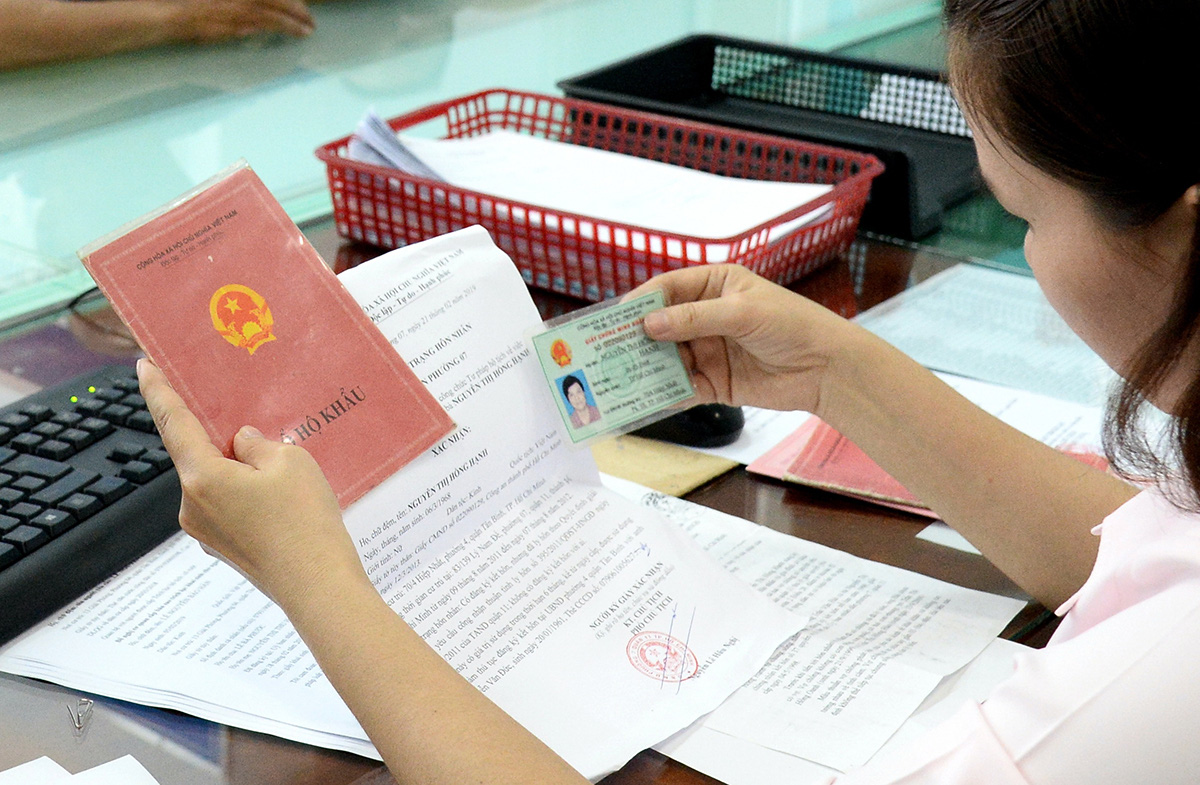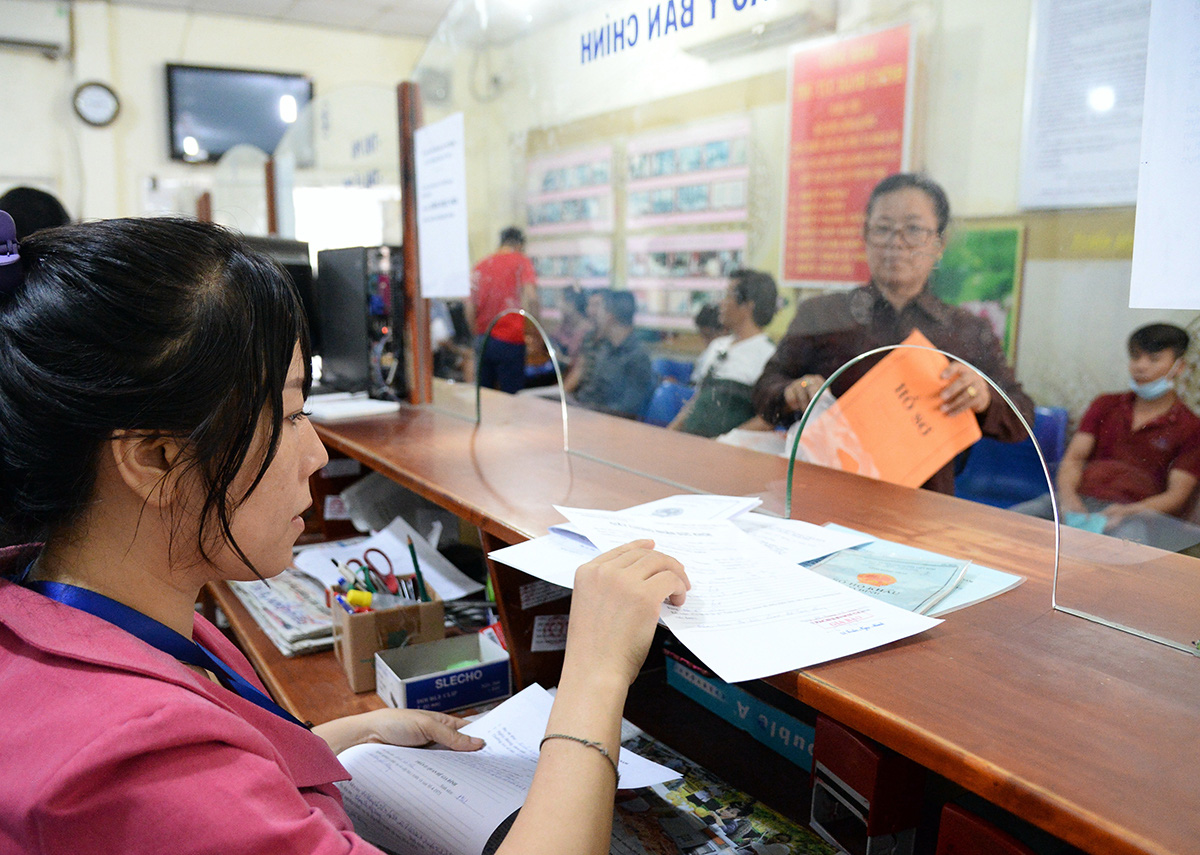Vietnam’s lawmaking National Assembly has agreed to remove the ‘ho khau,’ or house registration books, in 2023 and replace it with an online database of citizens’ information.
The decision is part of the revised law on residency, which was approved by the National Assembly during its tenth session last week.
Although the law is set to take effect from July 2021, people in Vietnam are allowed to continue using their books until the end of December 31, 2022, in order to minimize inconvenience for residents and pressure on management authorities during the transition phase.
If the national population database and residence database are complete and thoroughly operated and managed by all-level authorities ahead of December 31, 2022, the residence books may be scrapped sooner than the original schedule.
From July 2021 to December 31, 2022, any important changes to the information in household registration books will be adjusted in the online residence database, as local authorities will not re-issue the books during this period.
|
|
| A public servant processes paperwork at a commune-level People’s Committee in Binh Chanh District, Ho Chi Minh City. Photo: Minh Anh / Tuoi Tre |
In case the information in a household registration book is different from that stored in the residence database, the information in the residence database shall be used.
According to current laws, ‘ho khau’ is issued to the house owner and contains information of family members who stay at the same address.
It has been a required document when it comes to school admission, job application, registration of marriage, and a range of other administrative procedures.
The outdated method of management has been criticized for giving grounds to red tape, such as requiring a person living far away from home to return to their hometown in another just to register for a motorbike ownership.
People without permanent residency – meaning whose names are not included in any ‘ho khau’ – are also denied issuance of national ID cards, the fundamental document for every public service in Vietnam.
Like us on Facebook or follow us on Twitter to get the latest news about Vietnam!
























































